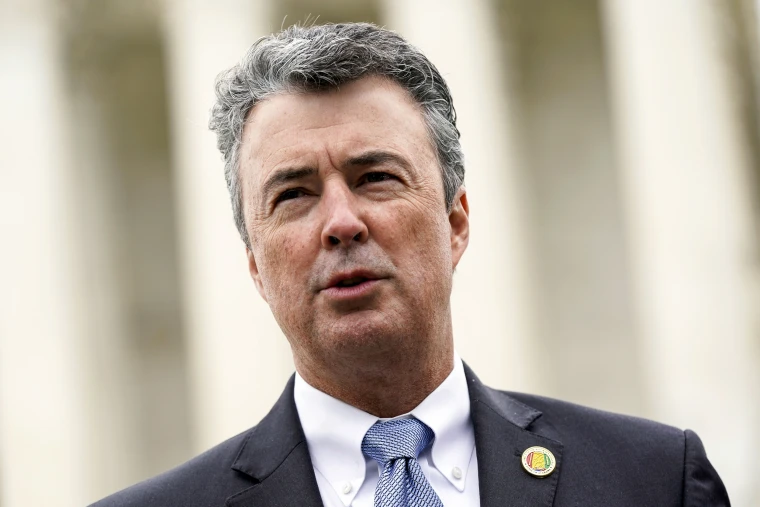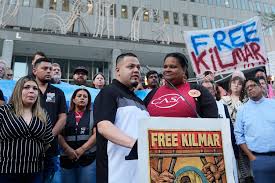
A divided Alabama Supreme Court said the state can execute an inmate with nitrogen gas, a method that has not previously been used carry out a death sentence.
The all-Republican court made its 6-2 decision without comment on Wednesday. The justices granted the state attorney general’s request for an execution warrant for Kenneth Eugene Smith, one of two men convicted in the 1988 murder-for-hire slaying of Elizabeth Sennett in northwestern Alabama.
The order did not specify the execution method, but the attorney general indicated in court filings that it intends to use nitrogen to put Smith to death. The exact date of the execution will be set later by Gov. Kay Ivey.
The decision moves Alabama closer to being the first state to attempt an execution with nitrogen gas, although there is likely to be additional litigation over the proposed new execution method. Three states — Alabama, Oklahoma and Mississippi — have authorized nitrogen hypoxia for executions but none have tried to use it.
Under the proposed method, an inmate would be forced to breathe only nitrogen, depriving them of oxygen needed to maintain bodily functions and causing them to die. Nitrogen makes up 78% of the air inhaled by humans and is harmless when inhaled with oxygen. While proponents have theorized it would be painless, opponents liken it to human experimentation.
Alabama Attorney General Steve Marshall praised Wednesday’s ruling, writing that it “cleared the way for Kenneth Eugene Smith to be executed by nitrogen hypoxia,” although he said it was “unconscionable” the family had to wait decades for justice.
Lawyers for Smith had urged the court to reject the execution request, saying he should not be the “test subject” for the new execution method. After the ruling, attorney Robert Grass vowed to keep up the judicial fight, noting in a statement that two justices — Chief Justice Tom Parker and Justice Greg Cook — dissented in Wednesday’s decision.






